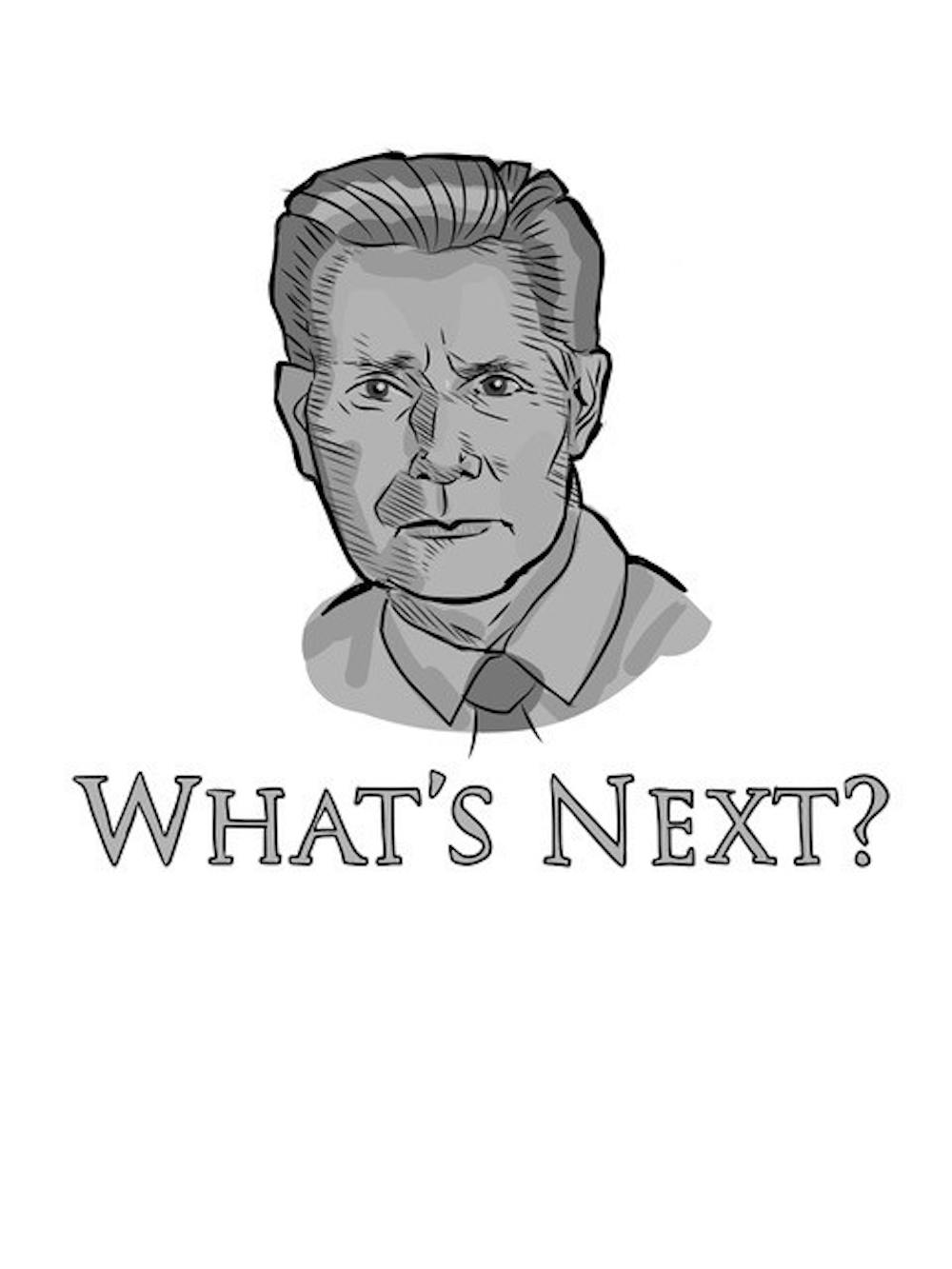Since I saw it for the first time in my seventh grade social studies class, “The West Wing” has been my favorite show. It fed my budding interest in politics, and its good-heartedness stuck out against a television landscape that favored anti-heroes. But as real-life politics strays farther from the idealism of the show, I have revisited the lessons of the show and wondered — can we achieve the change we need through its approach to politics?
In the years since that first viewing, I have rewatched the show at least four times through, at one point listening along with the podcast “The West Wing Weekly.” My friends and family will tell you — there’s a good chance I’ll reference “The West Wing” during any given conversation, and I always have quotes at the ready.
So when the show announced that it would be returning for a staging of an episode this month, I was beside myself. As Toby would say, “this is my over-the-moon face.” I had watched the show again over the summer in an effort to regain some sense of normalcy amid the upheaval of the pandemic — the timing was perfect, I thought. But the timing also led me to see the show in a new, more complicated, light.
I’m a big fan of rewatching shows — each time I do so, I see something new in the material. The first few times I watched “The West Wing” in middle and high school, I learned more about the characters and thought more deeply about the policy issues the show brought up. But watching it in 2020 was a whole new experience. With the novelty of the show gone, the characters more like old friends, and the storylines comfortingly familiar, this time I watched with a more critical eye.
All of the characteristics that make the show — and Aaron Sorkin’s writing — so indelible also make it more challenging to buy into during an era that feels so dissonant from the world of the show. One quote from the first season of the show encapsulates its premise. As he works on the State of the Union Address, Toby, the White House Communications Director, tells President Bartlet, “We have to say what we feel: that government, no matter what its failures in the past and in times to come, for that matter, that government can be a place where people come together and where no one gets left behind. No one gets left behind. An instrument of good.” The show is premised on the idea that if the right people are at the helm, government can serve everyone fairly. But at a time when systemic issues are top of mind, where we question whether reform is enough, that idea is harder to accept, as much as we wish it were true.
The show was never meant to be a realistic depiction of politics in its time — it premiered at the tail end of the Clinton administration and the bulk of its run was during the Bush years. It was always aspirational. That’s why I liked it, after all — it offered a vision of a better political culture. And I still appreciate what it aspired to. Nothing is more clear in this moment than the need for people in government who care about their constituents, not as means to a political end, but as people. The last four years, and especially this one, have made clear the importance of a government that is at the very least competent.
But it’s also clear that the ideals “The West Wing” aspired to aren’t themselves enough. They rely on individual people doing the right thing. And that makes for great television. But it’s not the way the world works. Insistence on decency can’t turn back the tide of extremism; it can’t feed, house, or employ people. Calls for civility ring hollow now, when hundreds of people are dying every day because our government refuses to provide basic services and an entire political party denies the existence of climate change. Politeness is a small consideration compared to the racism, contempt, and disregard that emanates from the Trump administration.
The recent special captures everything that made the show so great when it first aired and so challenging to watch now. The season three episode, “Hartsfield’s Landing,” takes place as the first voters prepare to cast their primary votes in a tiny town in New Hampshire. Historically, the candidate who wins the majority of the 42 voters in this town wins the presidency. Josh Lyman, the Deputy Chief of Staff, and his assistant Donna Moss spend much of the night convincing one family to vote for Bartlet before ultimately telling them to vote for whomever they want; what matters is that they vote. This theme, the essential importance of voting, makes the episode perfect for its purpose, supporting the organization When We All Vote and encouraging people to vote this November. But herein also lies the episode’s limitations.

Voting is fundamental to democracy. It is a right that has been so fiercely fought for and continues to be so contested because of its importance. There is no question that reminding people of the necessity of voting is a worthy cause.
But to quote a classic line in “The West Wing,” “what’s next?” Voting is just the first step, not the last. Voting the characters of “The West Wing” into the White House would not be the end of fighting for a more just society; voting real life politicians into office certainly is not sufficient. Shifting from a Trump to a Biden administration will not erase the aftereffects of this presidency, nor will it eradicate the elements of Trumpism that long predated the man. Institutional change is more complicated than that. The problems we face are deeper than that.
Government should be an instrument of good. It should be idealistic. People in power should be empathetic and dedicated and moral. But we shouldn’t be misguided about what it would take to get there. The Sorkinisms that make “The West Wing” a phenomenal television series — soaring rhetoric, undying idealism, and persistent decency — are indeed values we should want in our government. But an administration that checked all those boxes wouldn’t automatically fulfill our country’s needs. For that, we need a deeper shift, one that a single voter or political aide can’t create; we need a systemic change to the way we conceive of and conduct politics.
When many in the Republican Party refuse to accept the reality of climate change, engage in widespread voter suppression, play down the threat of the pandemic, and deny the harms of systemic racism, we need to think outside of the bipartisan box. The onus is on them to change, not on Democrats to trim their sails or think smaller. “The West Wing” was at its best when characters broke the old rules of Washington; too often, it elevated and celebrated those institutions. We’ll need to rethink them entirely if we want to make the ideal real.

“The West Wing” is still my favorite show, because I love the characters and I appreciate its idealism, whatever its faults. But I hope that each time I watch it, I continue to interrogate its meaning in each new context. In the end, the dissonance I feel while watching “The West Wing” this time around says as much about the state of our political world as it does about the limits of the show’s vision.
Julia Chaffers is a junior History concentrator from Wellesley, Mass. She can be reached at chaffers@princeton.edu.








